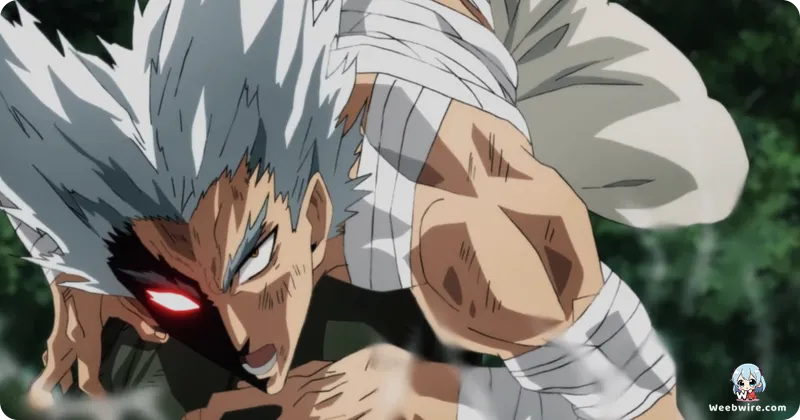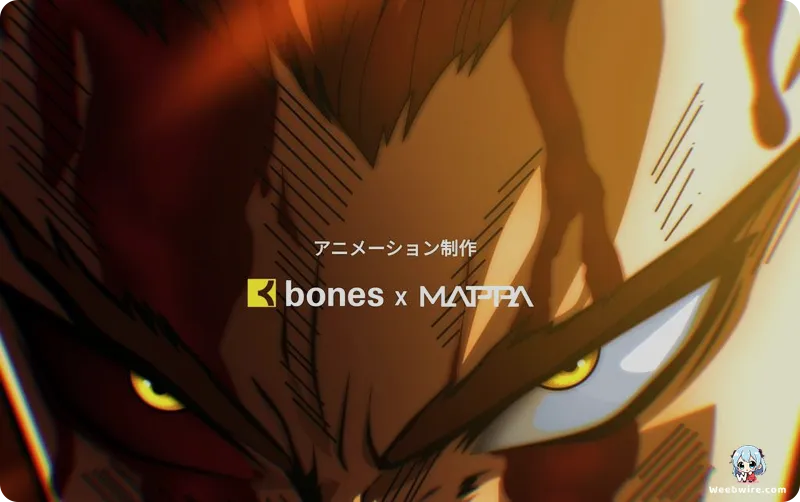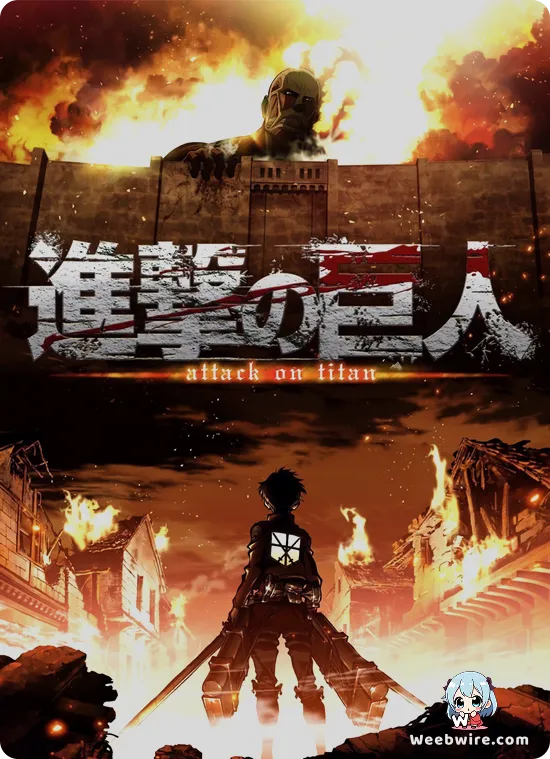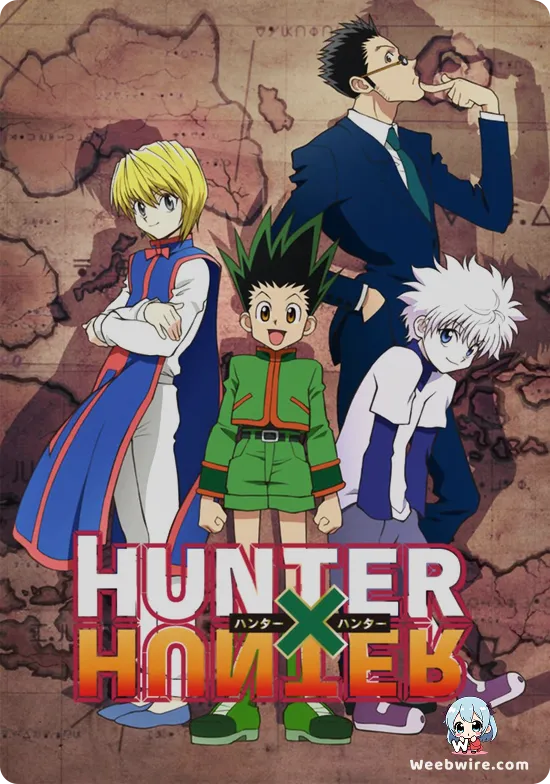One-Punch Man: Unpacking the Genius Behind the Global Phenomenon

The world of One-Punch Man stands as a true phenomenon, celebrated not only for its blistering action and deadpan humor but also for its surprising philosophical depth. Beyond the immediate thrill of its battles and comedic timing, it's the series' intricate underlying fabric—a rich tapestry of often-overlooked details and profound insights—that truly elevates it far beyond a mere superhero satire. These elements are not simply trivial facts; they are enduring revelations that deepen our appreciation for its ingenious construction and the brilliance of its creators.
At the very core of One-Punch Man is Saitama, the titular hero whose overwhelming, almost god-like strength paradoxically fuels his profound existential boredom. A truly fascinating aspect of his character isn't just the sheer scale of his power, but the remarkably mundane daily routine that supposedly forged it: 100 push-ups, 100 sit-ups, 100 squats, and a 10km run, performed every single day for three relentless years. This deceptively simple, almost brutally repetitive regimen, often met with disbelief or scoffed at for its apparent lack of complexity, is presented as the sole catalyst for his unparalleled might. This intentional absurdity brilliantly highlights ONE's (the original creator) satirical genius, stripping away the conventional complex origins of superheroes to reveal a protagonist whose greatest challenge is not a villain, but profound ennui. His transformation was a slow, bald-inducing grind, arguably making him one of the most relatable overpowered characters in the history of anime, despite his extraordinary abilities.
The Genesis of a Phenomenon
The series' humble origins are equally compelling and speak volumes about its organic growth. One-Punch Man began its life as a webcomic by ONE in 2009, initially drawn in a deliberately simplistic style. Despite its rough visuals, it quickly garnered a massive following due to its sharp writing and unique premise. The subsequent transformation from ONE's charmingly crude sketches to Yusuke Murata's meticulously detailed and dynamic manga art is a remarkable story of collaboration and artistic synergy. Murata, himself a highly respected artist, was so impressed by the webcomic's potential that he offered to redraw it for serialization, creating a powerful partnership where ONE's unparalleled narrative brilliance met Murata's breathtaking artistic prowess. This collaboration ultimately resulted in the visually stunning manga we know today, a journey from a passionate independent project to a global cultural phenomenon.

Satire and Society: The Hero Association
The Hero Association itself provides a veritable goldmine of satirical observations, serving as a sharp mirror to real-world bureaucracies. Far from being a flawless organization, it is depicted as a sprawling entity rife with internal politics, public relations concerns, and often, surprisingly incompetent individuals. Its hero ranking system, for instance, isn't solely based on raw power or effectiveness in combating threats, but also heavily influenced by public approval, media presence, and even perceived "heroic appearance." This arbitrary and often superficial system leads to ironically humorous situations where immensely powerful heroes like Saitama are relegated to lower ranks due to their unassuming demeanor, while flashier but less effective heroes gain widespread recognition and higher standing. This nuanced portrayal offers incisive commentary on the superficiality of fame, the commercialization of heroism, and the often-misguided priorities of large organizations.
Unsung Heroes and Accidental Legends
Beyond the main narratives and the overarching satirical framework, specific characters within the One-Punch Man universe offer delightful and often poignant insights. Consider Mumen Rider, the quintessential C-Class hero. Despite his complete lack of superpowers or extraordinary abilities, he consistently and bravely risks his life for others, embodying an unwavering commitment to justice. ONE himself has stated that Mumen Rider truly embodies the spirit of a hero, fighting purely for the sake of what is right, without expectation of reward or recognition. His iconic bicycle, affectionately named "Justice," further reinforces his humble yet indomitable spirit. Then there's King, the man widely known as the "Strongest Man on Earth," whose formidable reputation is entirely built on accidental proximity to Saitama's devastating victories. His infamous "King Engine" sound, which is merely his own nervous heartbeat amplified by the sheer terror of his situations, is a brilliant running gag that underscores the series' unwavering commitment to absurd humor and deconstruction of heroic archetypes. These unique quirks and characterizations add invaluable layers of depth, comedy, and even pathos to the narrative.
Even the monster designs in One-Punch Man are a testament to the creators' boundless creativity, often managing to be both humorously absurd and genuinely terrifying. They frequently personify everyday anxieties or mundane objects taken to illogical, monstrous extremes (e.g., Vaccine Man, who embodies pollution, or Carnage Kabuto, a grotesque insectoid). This approach not only injects dark humor into the series but also subtly weaves in social commentary, consistently subverting conventional monster tropes and expectations.
The Existential Punch
Finally, and perhaps most profoundly, the philosophical undercurrents, often skillfully masked by the frenetic action and comedic moments, are a key distinguishing feature of One-Punch Man. Saitama's central existential crisis—his profound struggle to find meaning and challenge in a world he can effortlessly conquer with a single punch—explores universal themes of nihilism, purpose, and the true nature of fulfillment beyond conventional achievements. This thoughtful and introspective exploration distinguishes One-Punch Man from its peers, inviting viewers to ponder deeper questions about what it truly means to be strong, to find purpose, and to live a genuinely fulfilling life when all external challenges have been rendered meaningless. It's a powerful commentary on the human condition, even within a fantastical superhero setting.
In essence, One-Punch Man is a masterclass in genre deconstruction, brilliantly subverting established superhero tropes to deliver a fresh, endlessly entertaining, and surprisingly thought-provoking experience. From its humble webcomic origins to its profound insights into character psychology and world-building, the series offers a wealth of hidden gems, consistently proving that the most powerful and resonant stories can indeed emerge from the simplest, yet most effective, punch.
Credits
One-Punch Man
Author
ONE
Cover Art
Yusuke Murata
Studio
Shueisha
Publisher
Shueisha
Producers





